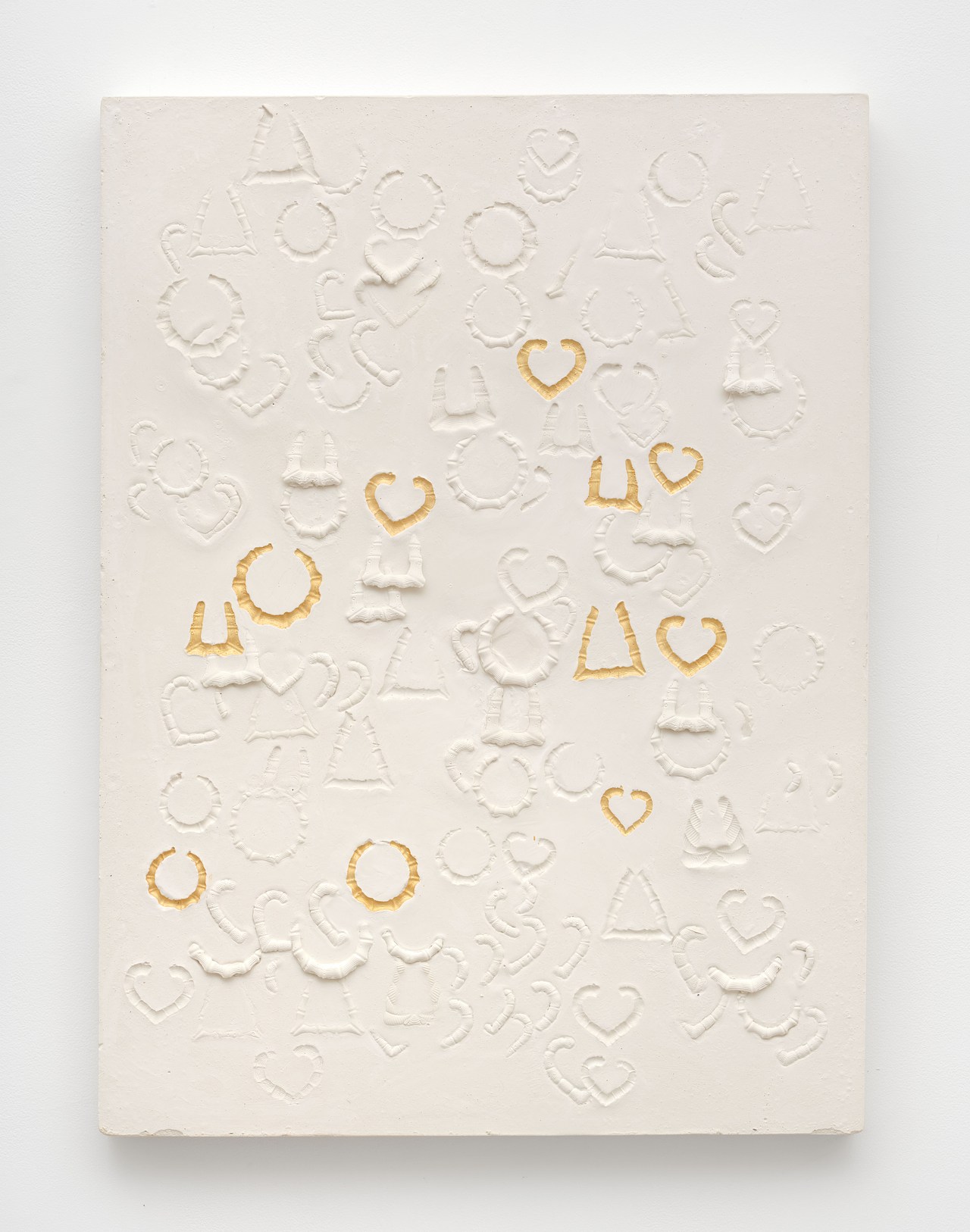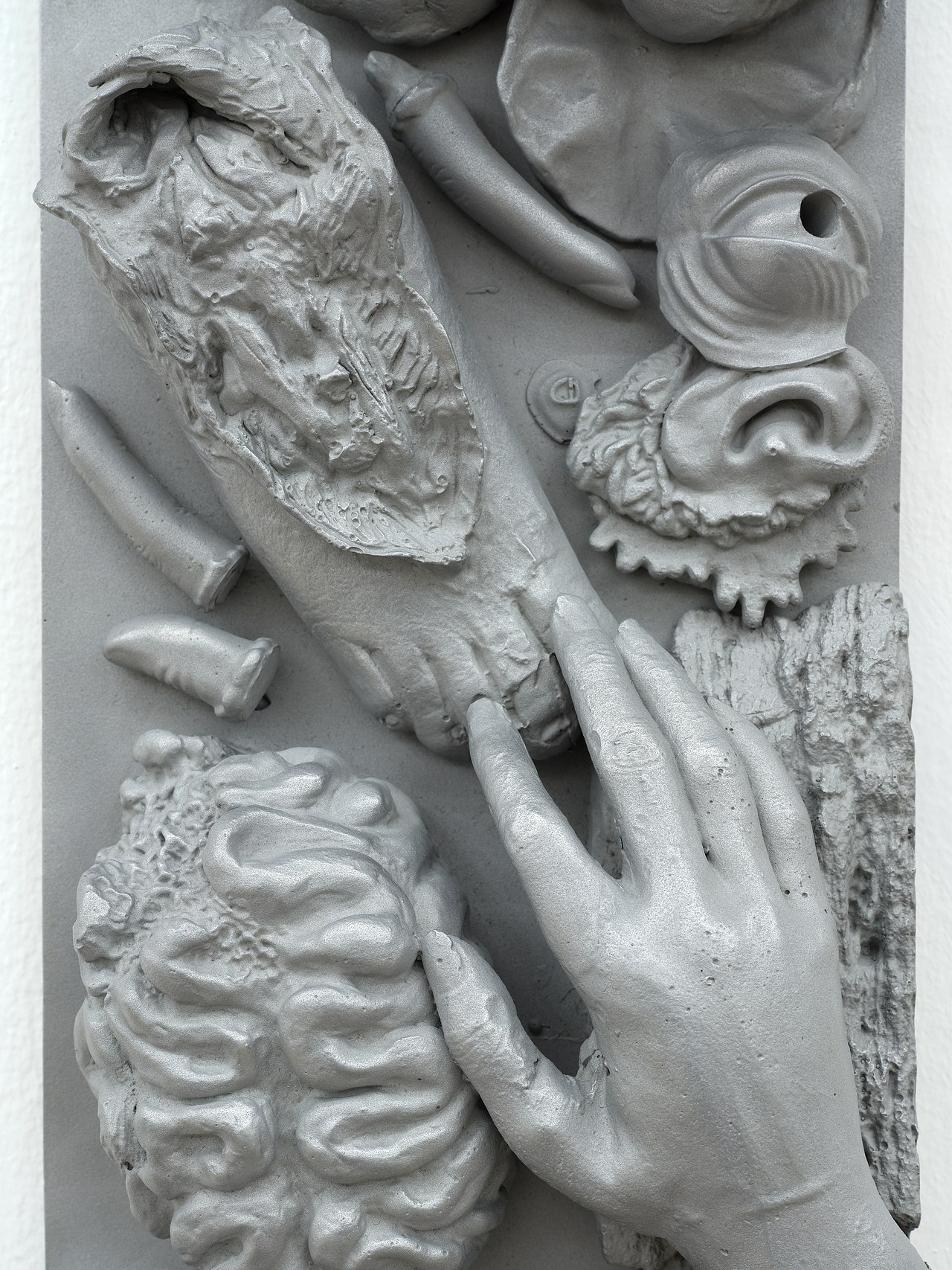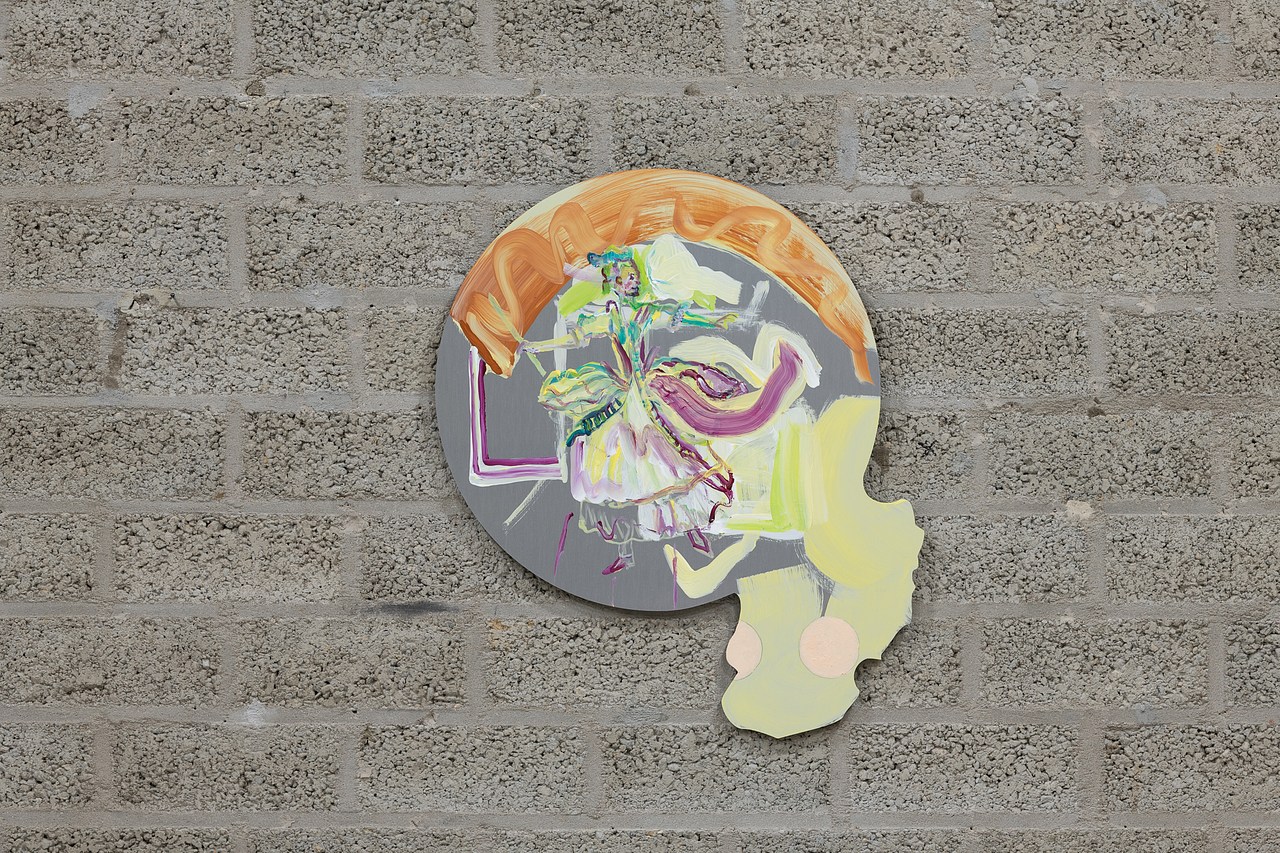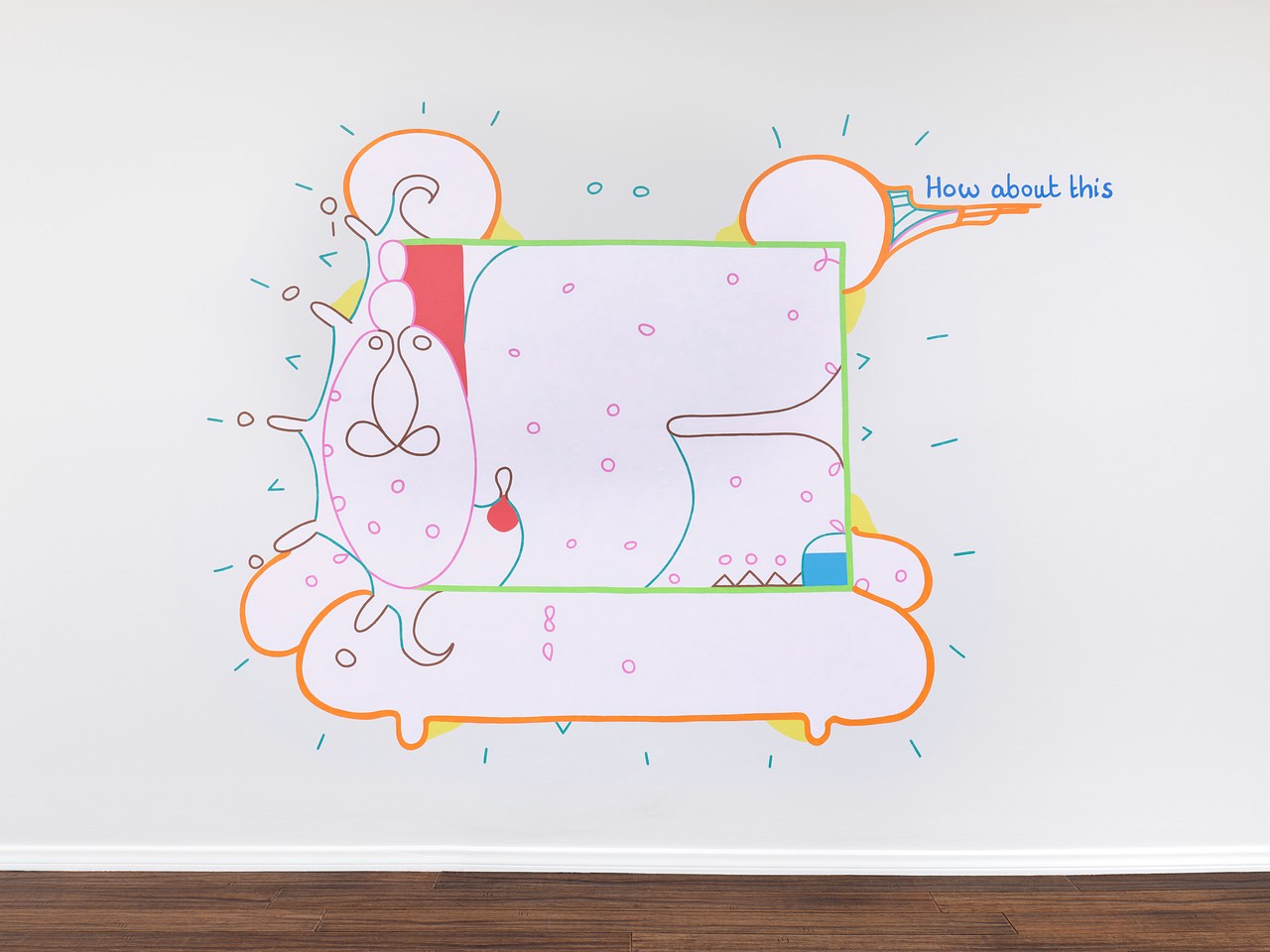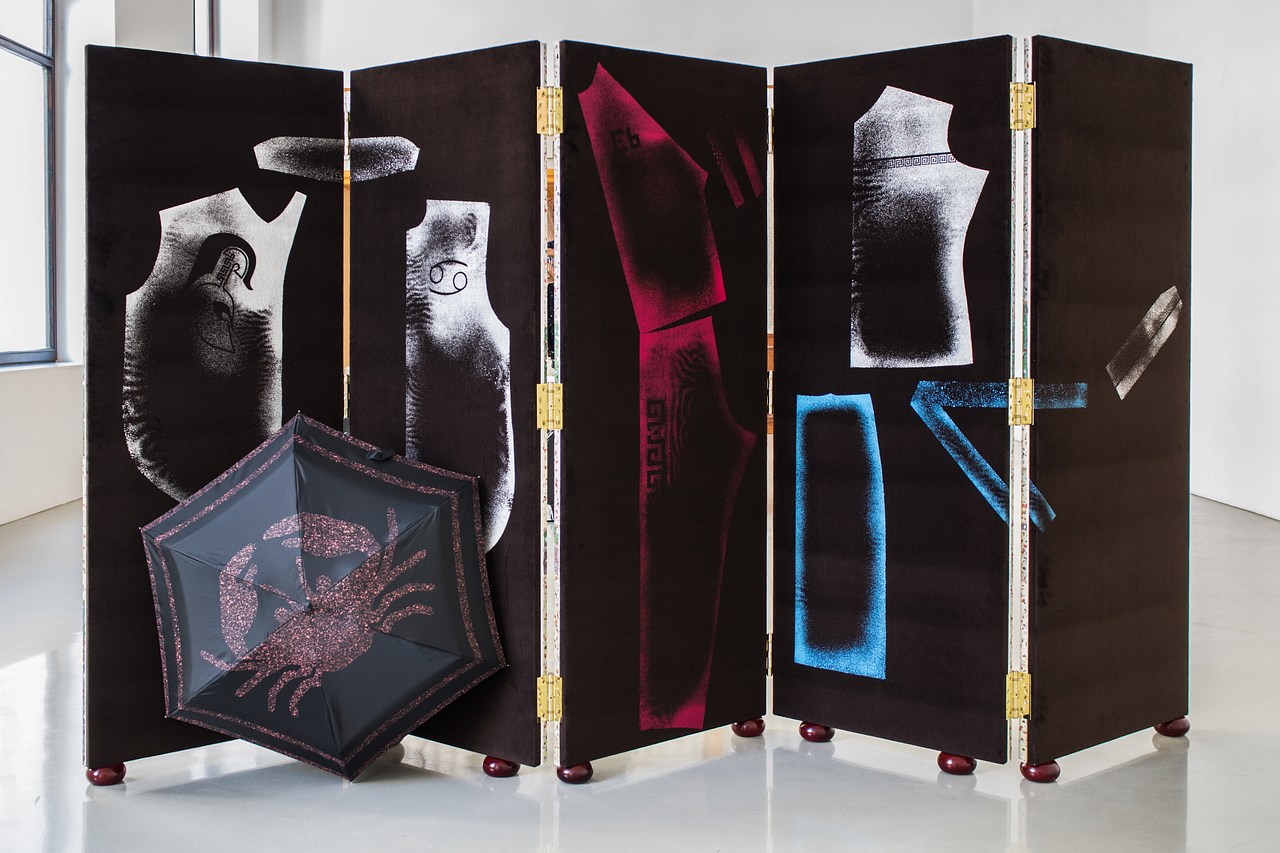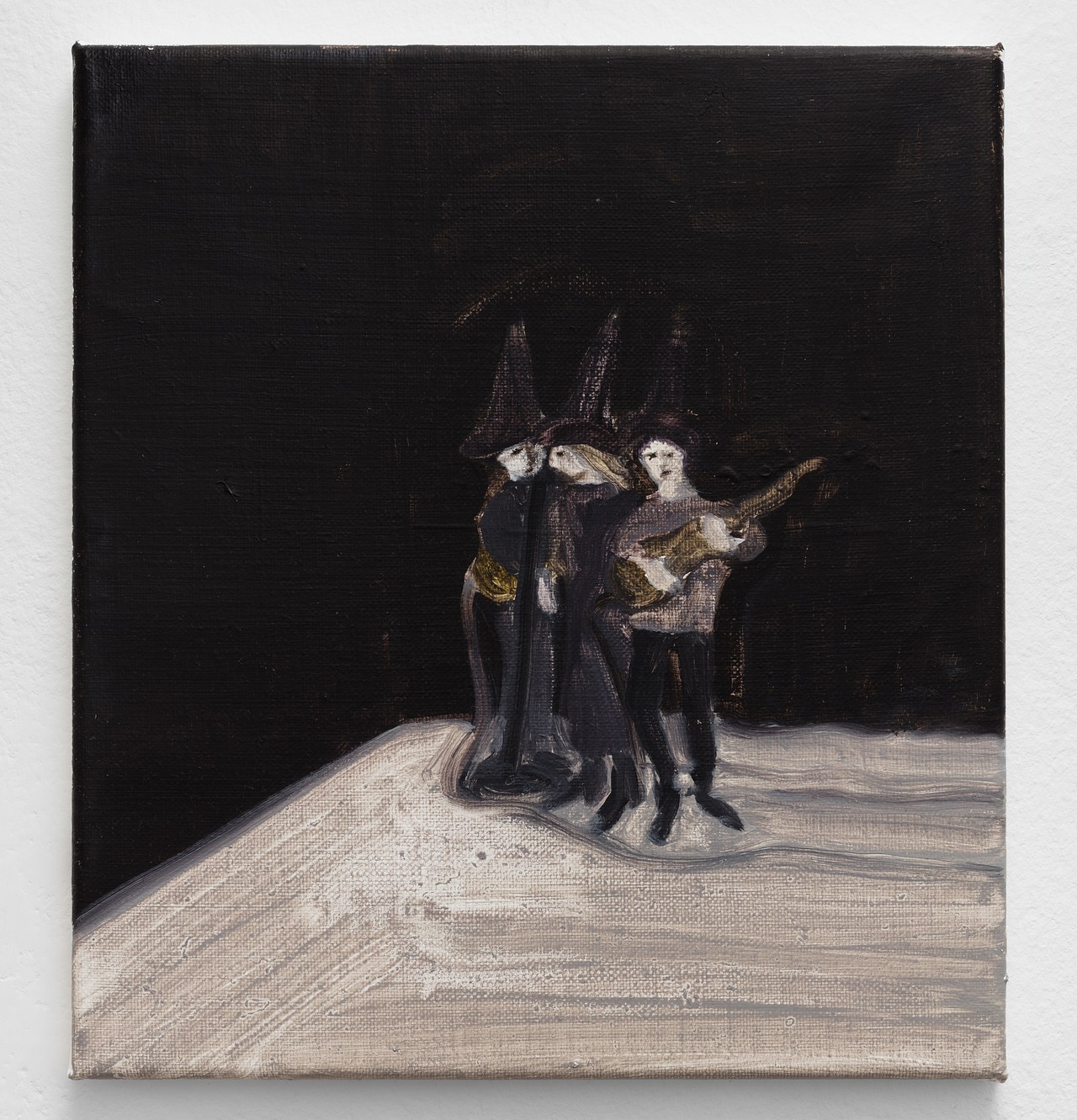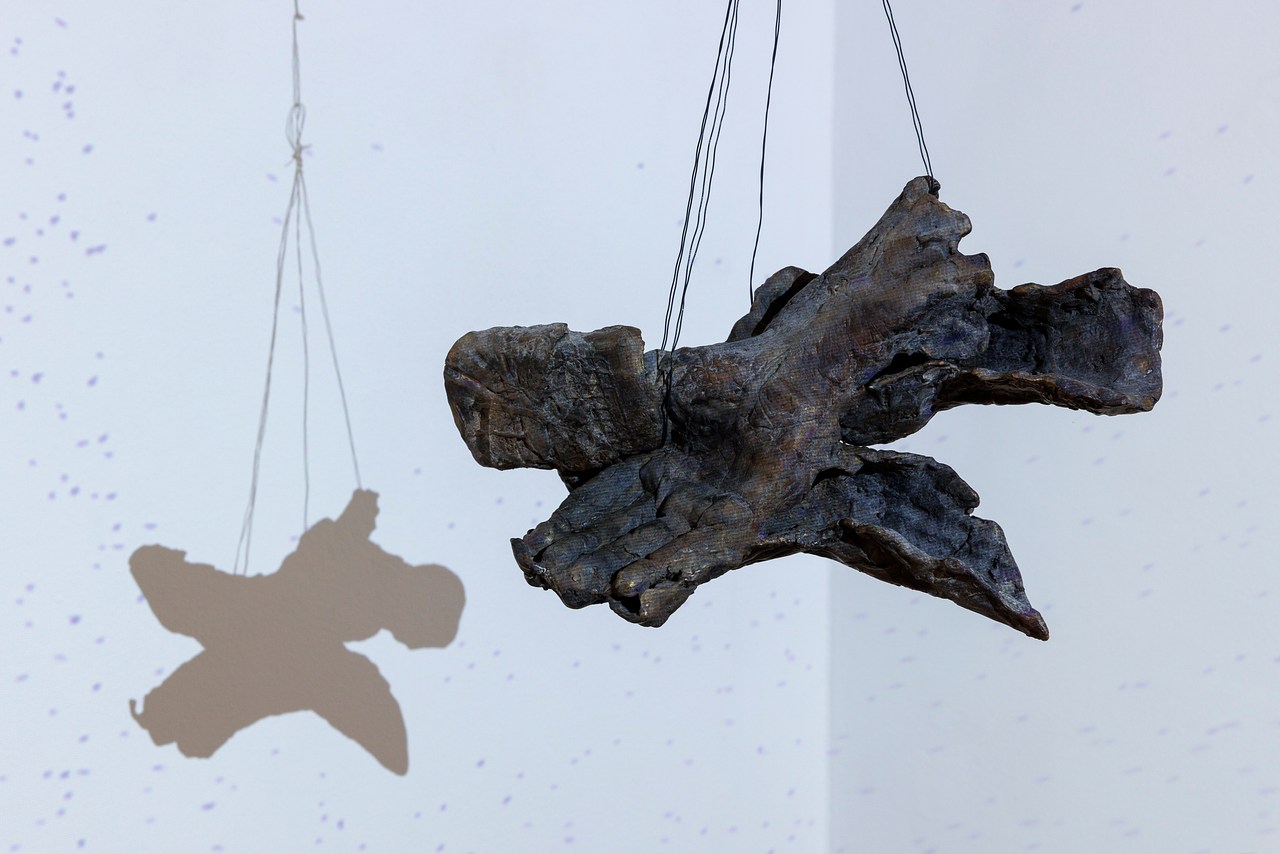A new agreement with Greece and billionaire businessman Leonard N. Stern should have been an easy win for the Metropolitan Museum of Art, already under increased scrutiny for the several cases of looted antiquities identified by the Manhattan District Attorney’s office this year alone. But the agreement is already under major criticism from numerous experts and Greek politicians.
This week, the museum announced the signing of the agreement, known as a memorandum of understanding, between the Greek Ministry of Culture and Sport, the private Museum of Cycladic Art in Athens (MCA) and the Met that would bring 161 Cycladic artifacts from Stern’s personal collection to the New York museum for a 25-year display period starting in January 2024.
The three institutions will “exchange expertise in the study and conservation of Cycladic works and share findings with the scholarly community through both an international symposium and an online database, among other initiatives,” according to the press release.
The agreement means any display of the Stern collection will acknowledge that “the Greek State is the sole owner of the Collection.” However, Athens has admitted that it cannot prove that the works—which date from 5300 to 2200 BCE—had been illegally excavated and exported, according to the Associated Press. After becoming highly prized by private collectors and museums, Cycladic artworks prompted a wave of illegal excavations and many forgeries.
The deal, ratified by the Greek parliament in September, means the Mediterranean country is eventually getting back the Stern collection without a messy fight in court. But some Greek lawmakers, and many archaeologists, have argued the government should have pursued a legal effort for the collection’s immediate return. They also expressed concern the agreement with the Met would help conceal the ongoing issue of antiquities with murky origins.
Copyright
© Art News

